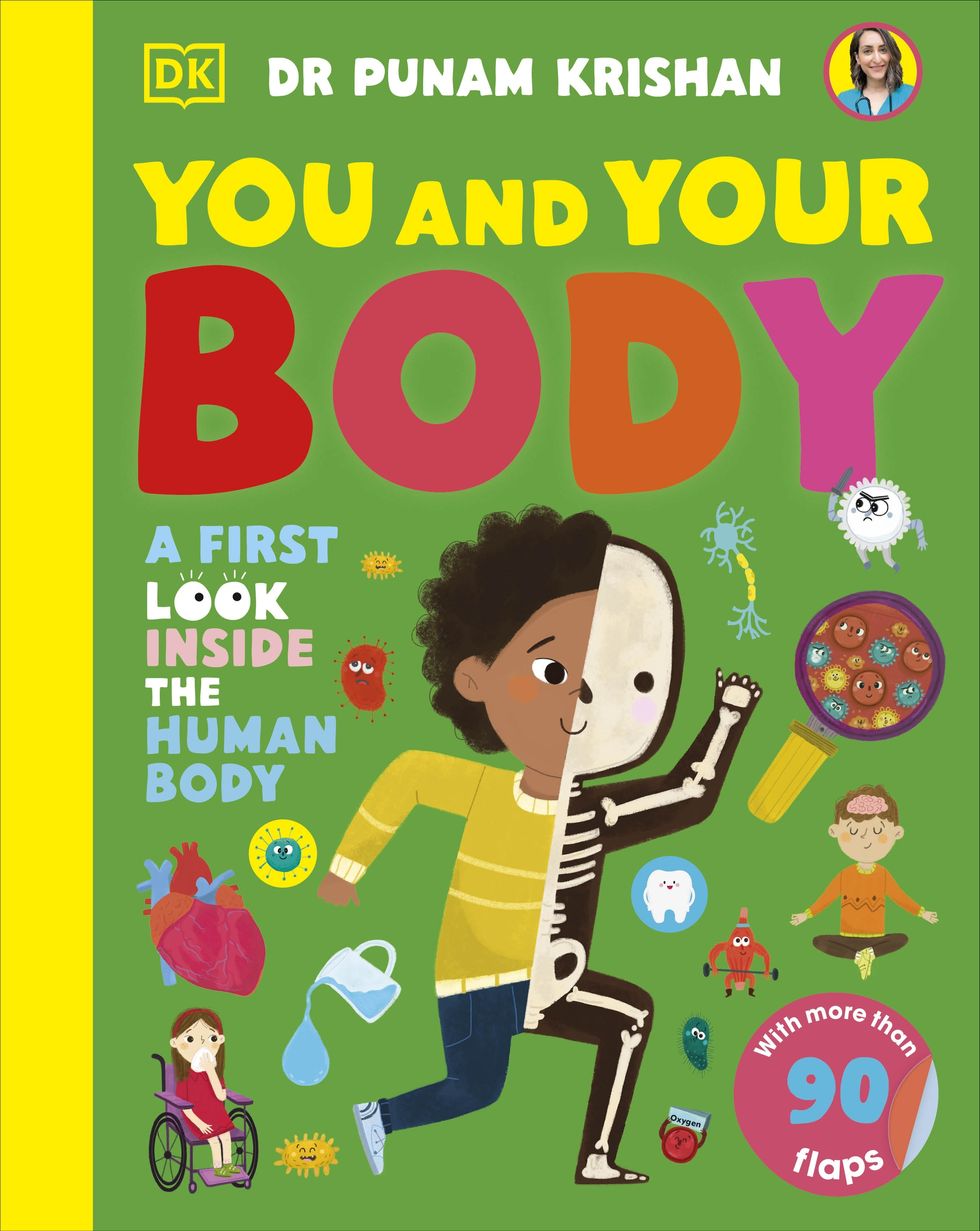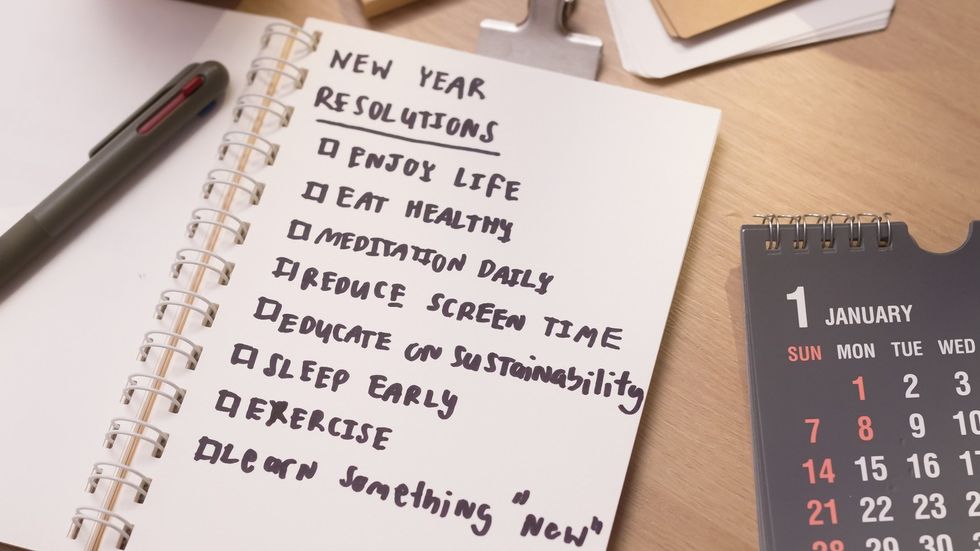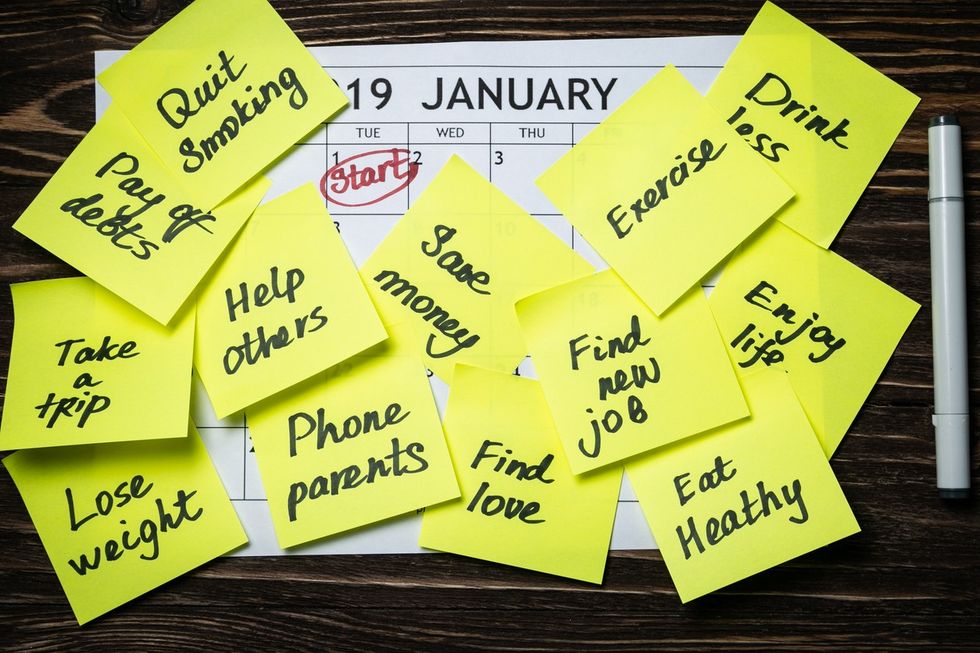Do you feel overwhelmed, tired, or drained most of the time? Perhaps you feel helpless, irritable, alone, and have a negative outlook. Or maybe you’re full of self-doubt, procrastinating over getting things done, and lost your spark for life? If any of this sounds familiar, you may be experiencing burnout. And you are certainly not alone.
New Zealand prime minister, Jacinda Arden recently resigned saying she simply no longer has ‘enough in the tank’, something many of us can relate to. It’s hardly surprising, as our lives have been happening at a 100 miles per hour. We cram so much into our day against time pressures and responsibilities that most of us are running on empty. We are exhausted and experiencing burnout.
Although ‘burnout’ was recognised by the World Health Organisation (WHO) as an ‘occupational phenomenon’ in 2019, it now covers all areas of life, not just the workplace. And sadly, burnout isn’t something that just disappears. In fact, it can take you on a downward spiral which could harm your emotional and physical health, career, and relationships. So, it’s essential to not ignore signs of burnout and address the root issues.
So, how can we prevent burnout?
Firstly, manage money worries. A 2021 YouGov poll showed 81 per cent of people agree that money worries contributed to burnout. Let’s face it, with the cost of living rising, lying awake all-night worrying is stressful. So, plan your finances using a free budgeting tool and get advice from Mental Health and Money Advice website (www.mentalhealthandmoneyadvice. org) if you are affected.
If you work from home, ensure to have clear boundaries between your work and home life. Make a conscious effort to switch off from work by getting outdoors for a walk after work to make that physical separation or if you can, work in a different room. Your brain needs to rest.
Taking care of your physical health is super important. Get enough sleep, ideally eight hours to give your mind and body time to recharge. Keep a diary to track your sleep patterns and avoid overstimulation from screens close to bedtime. Make time to unwind, meditate, and release worries to get restful sleep.
Eating a well-balanced nutritious diet isn’t rocket science. But it’s easy to forget and eat = whatever on the go. Choose healthy foods that will keep you fuelled and not play havoc with your mood and cravings. And stay well hydrated - drinking enough water helps to keep your stress hormone cortisol in check.
Your relationships with yourself and the people in your life matter. We all need one another to survive and thrive. Isolation harms us. So, arrange to meet that friend for coffee. Give people your time, be present for each other, listen and share your thoughts and feelings.
This leads us nicely to scheduling self-care time daily. Yes daily. You need to unplug and recharge your batteries every single day without fail. Taking at least 10 minutes for yourself can work wonders to prevent burnout. And there are countless ways to pour energy back into yourself, including finding three things you are grateful for, meditating, having a bath, and reading a book.
Mita Mistry’s new book All You Need Is Rest is published
by Summersdale and available now. Instagram:
@itsmitamistry & Twitter @MitaMistry






 Krishan performing with Gorka Marquez on Strictly Come Dancing 2024
Krishan performing with Gorka Marquez on Strictly Come Dancing 2024  The cover of her book
The cover of her book 















